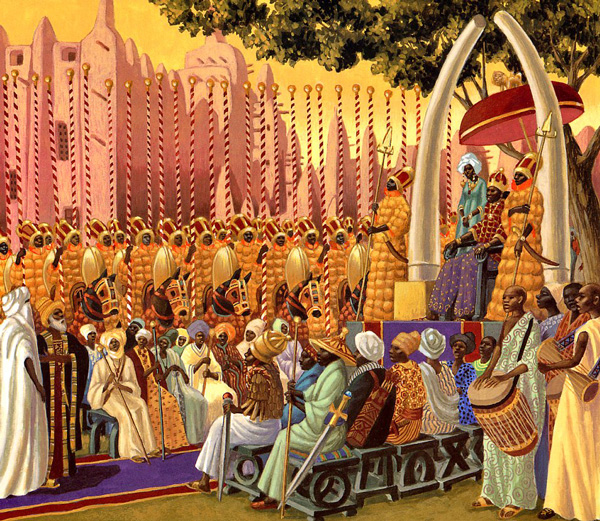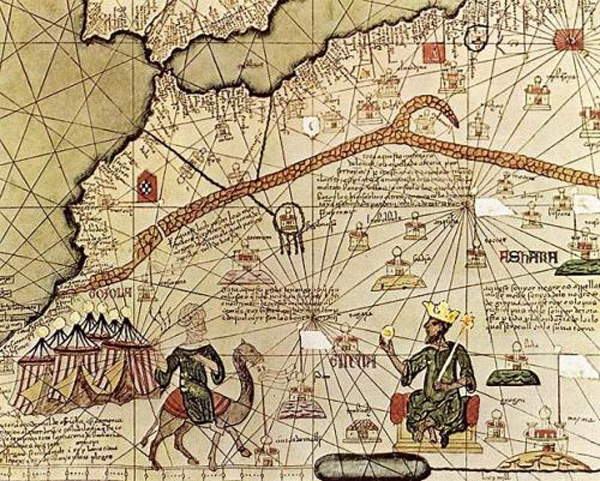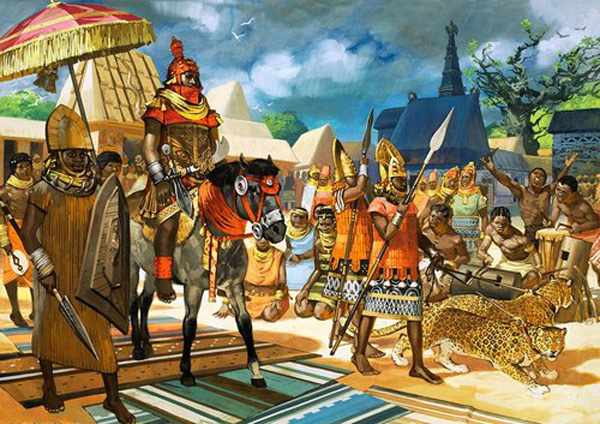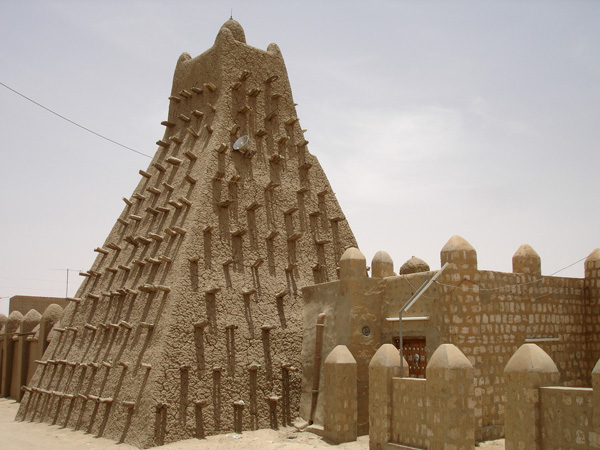
One can seldom talk about African history without touching upon the practise of slavery. However, few know that the continent was once home to the richest human being in history.
The man of the hour, Mansa Musa I of Mali, had more money than all the rulers in the history of civilisation. According to a ranking by Celebrity Net Worth in 2012, the inflated adjusted personal net worth of this African king is about $400 billion. The list included several other familiar names like Rothschild, Rockefeller, Gaddafi and Henry Ford among others.
Who was Mansa Musa?

File Photo
- Musa ruled the rich West African Mali Empire - , which lay south of the Sahara desert - from 1312-337. The word 'Mansa' translates to 'king of kings'. He also held titles like Emir of Melle, Lord of the Mines of Wangara, Conqueror of Ghanata, etc.
- He has a net worth of about $400 billion. The Malian empire covered an area which contains modern day Ghana, Timbuktu and Mali in West Africa. Much of Musa's wealth came from exporting salt and gold, which his empire was abundant in.
- The emperor lived for 56 years, from 1280 till 1337 and succeeded Abubakari II, who went on an expedition only to never return.
The legendary pilgrimage to Mecca

File Photo
- Musa, who was a devout Muslim, went on a pilgrimage to the Islamic holy site of Mecca in 1324. The journey was one of the most talked about events of his life.
- The king took with him a procession of 10,000 men and 100 camels loaded with gold. According to some accounts, around 60,000 people travelled with him and each one of them carried four pounds of gold with them.
- Gold was the exchange currency used in those days. Musa distributed so much of it during his pilgrimage, that it led to an extreme devaluation in the value of gold.
- This further catapulted the prices of commodities in places like Cairo, Medina, Mecca and Alexendria among others. The resulting runaway inflation took years to recover.
- The merchants of Venice noticed Musa's immense wealth and narrated his story when they returned to Italy. This gave birth to a belief in Europe that West Africa was a land of gold.
Religious beliefs and trade

File Photo
- Musa presided over an empire which traded salt for gold with the pastoral North African traders who had adopted Islam as their religion because of their contact with other Islamic communities of that time.
- Most African rulers converted to Islam because they wanted to build stronger affiliation with the traders - the faith was then passed on to their subjects.
- The first African king, according to historical accounts, who adopted Islam as his religion was the King of Ghana during 11th century.
- After the news of Musa's wealth reached distant kingdoms, a strong trade network was established between Timbuktu and places like Venice, Middle East, Egypt, Southern Europe, etc.
Emphasis or architecture and culture

File Photo
- There have been a number of writings which highlight the beauty and prosperity of the Malian empire, including that of legendary explorer Ibn-Battuta.
- After Mansa Musa returned from his pilgrimage to Mecca, he brought with him scholars and architects who helped in the building of grand structures like mosques and madrasas and aided in the spread of Islamic values.
- After he annexed Timbuktu, the University of Sankore was escalated to higher levels and became a centre of learning for Muslim scholars from around the world. Under his rule, several jurists, mathematicians and astronomers were brought to the university for teaching and research.



![Mystery Solved! Who let the dogs out [Watch]](http://images.catchnews.com/upload/2023/04/29/viral_246936_300x172.png)




![BJP's Kapil Mishra recreates Shankar Mahadevan’s ‘Breathless’ song to highlight Delhi pollution [WATCH] BJP's Kapil Mishra recreates Shankar Mahadevan’s ‘Breathless’ song to highlight Delhi pollution [WATCH]](https://images.catchnews.com/upload/2022/11/03/kapil-mishra_240884_300x172.png)

![Anupam Kher shares pictures of his toned body on 67th birthday [MUST SEE] Anupam Kher shares pictures of his toned body on 67th birthday [MUST SEE]](https://images.catchnews.com/upload/2022/03/07/Anupam_kher_231145_300x172.jpg)






